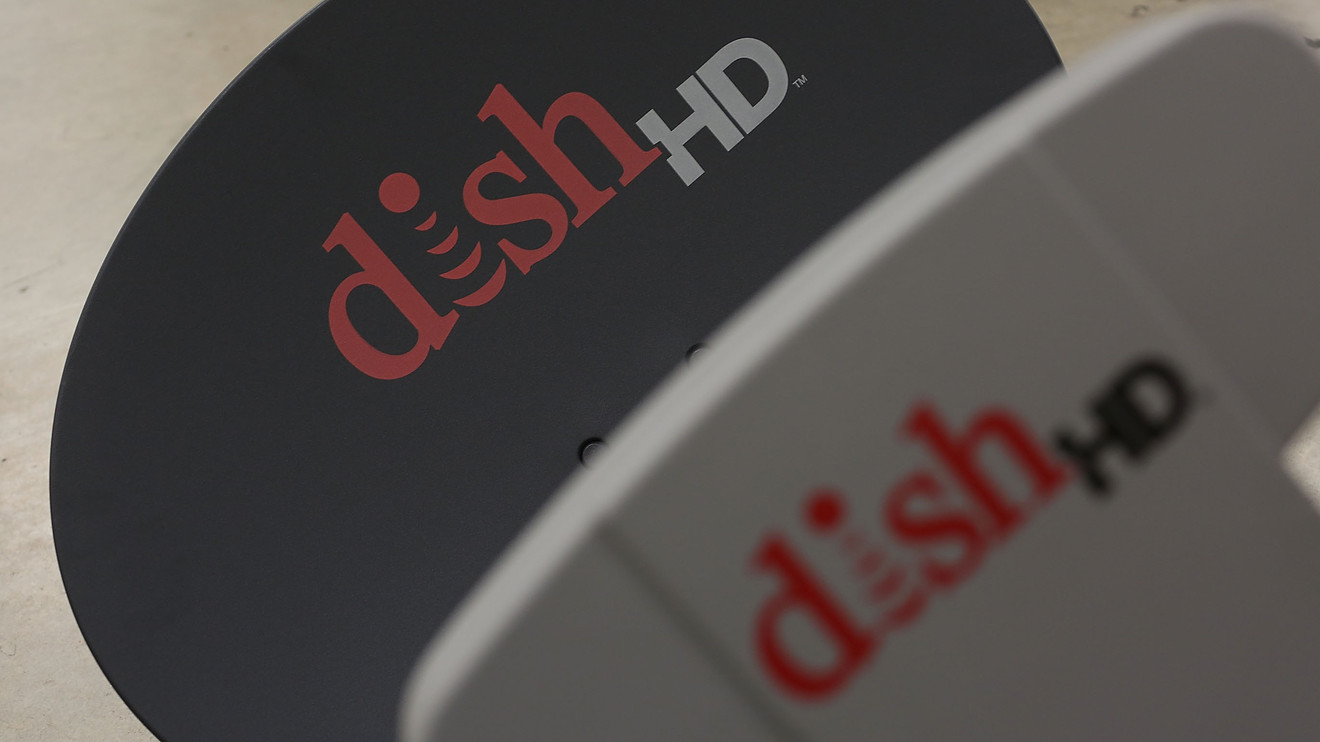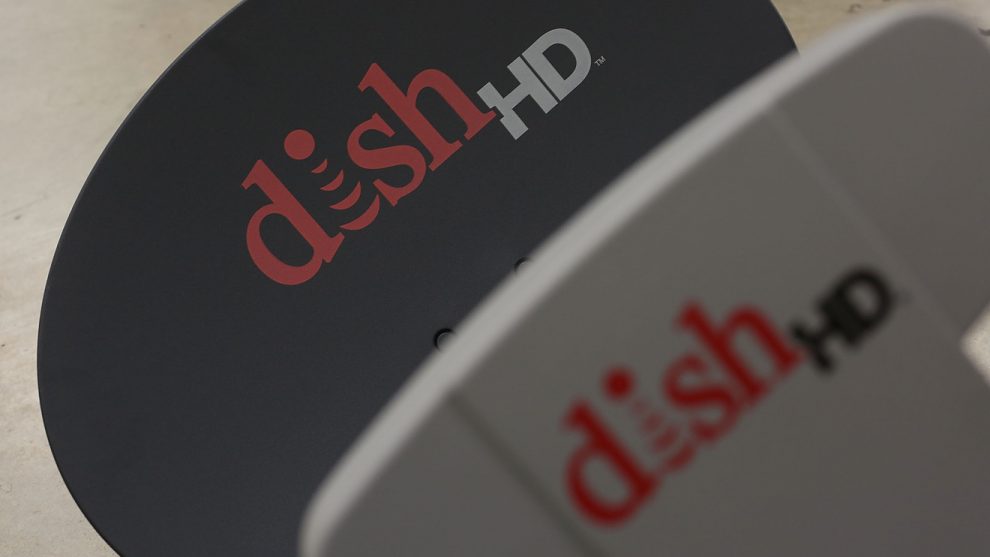
Dish Network Corp. began to stem the bleeding in its satellite-TV business last quarter, but any signs of progress are now being overshadowed by the uncertainties around the company’s planned entry into the wireless market.
Though Dish DISH, -3.11% lost far fewer subscribers than expected in the second quarter — the company shed a a net 31,000 members, while analysts had been modeling 252,000 — most of the focus after Dish’s results was on the company’s commentary about its future wireless plans. Dish has agreed to purchase spectrum and prepaid brands from Sprint Corp. S, -2.63% and T-Mobile US Inc. TMUS, -2.22% and begin to build out its own wireless network as a condition of their pending merger.
Read: T-Mobile-Sprint drama overshadows ‘industry’s best growth story,’ says analyst
MoffettNathanson analyst Craig Moffett said that while it was surprising that Dish was able to post far better subscriber metrics than analysts had been expecting even amid disappointing numbers for peers like AT&T Inc.’s T, +0.56% DirecTV and Comcast Corp. CMCSA, -0.90% , he still questions whether the company’s satellite business will help provide the cash Dish needs to build out a wireless network, because it’s unclear whether that business will “still be here in seven years.” (Dish will be able to lean on T-Mobile’s infrastructure for seven years while it builds a network of its own.)
Shares dropped slightly in after-hours trading.
Executive Chairman Charlie Ergen expressed optimism on the post-earnings conference call that the prepaid wireless brands Dish is acquiring and the mobile-virtual-network-operator deal it will have to use T-Mobile’s network will give the company a leg up as it builds out its own operations, a move he still estimates will cost $10 billion.
“To the credit of the FCC and particularly the Justice Department, I think they’ve structured this agreement so that we feel very competitive,” he said on the call. “We feel very good about our ability to compete as a fourth entrant to this marketplace, both in the short term, particularly, and obviously in the long term.”
Ergen also said he expects Dish’s network to be able to compete with those of existing players “at lower cost” due to the fact that its infrastructure will be built up in the modern era, whereas its rivals have networks that were “primarily designed for voice and were built, designed, architected in the 1980s.”
Dish’s plans have prompted some concern among Wall Street analysts, who have warned of the steep costs of building network infrastructure. Dish shares fell in Monday’s regular session after Barclays downgraded the stock, writing that the current share price “implicitly assigns a $20 billion value to a zero-revenue wireless business.”
Financially, Dish reported mixed results for its latest quarter. The company posted net income of $317 million, or 60 cents a share, down from $439 million, or 83 cents a share, in the year-earlier period. Analysts were modeling 64 cents. Dish managed to beat on the top line, even as sales fell. The company saw revenue drop to $3.21 billion for the quarter, compared with $3.46 billion a year prior and the $3.14 billion FactSet consensus.
Shares have climbed 53% so far this year, as the S&P 500 SPX, -0.16% has risen 21%










